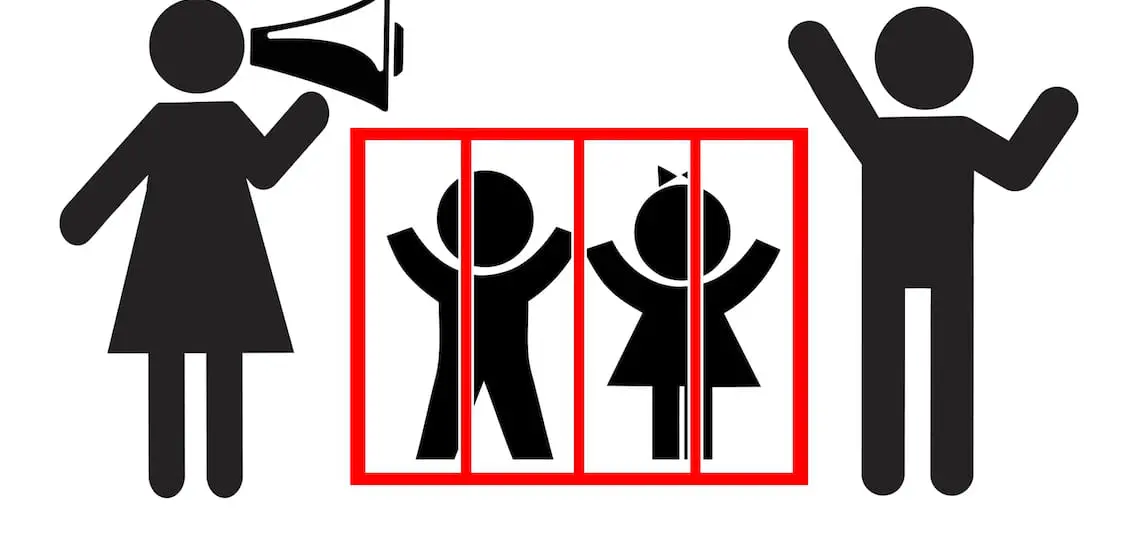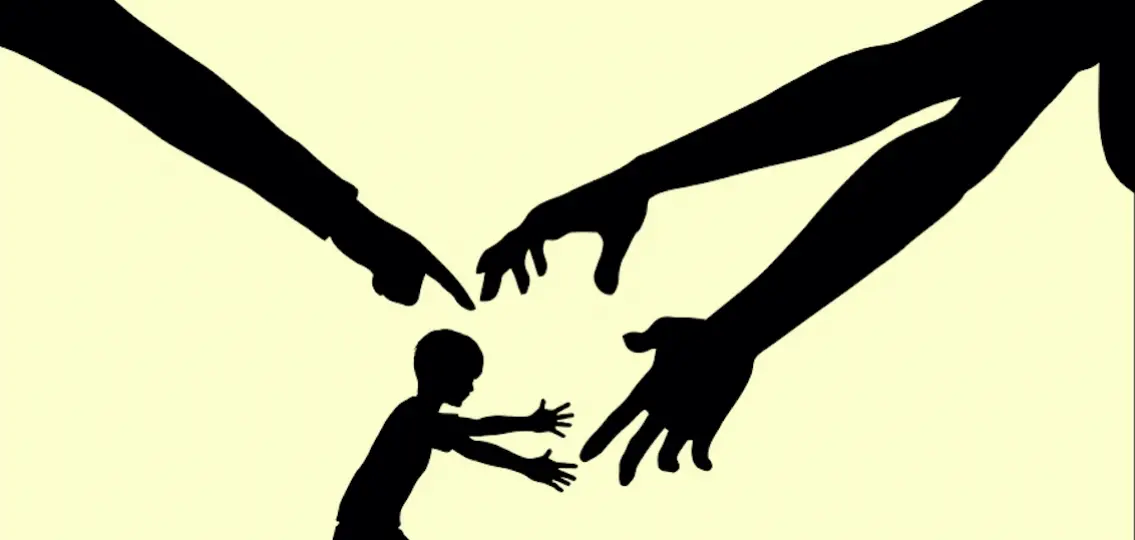Most parents want their teenagers to do well in school and to become successful adults. And most can admit to occasionally stepping in and doing for our teenager what they could—and probably should—have handle on their own. But for some parents, over involved parenting continues after high school into college and beyond, often with very negative consequences.

A study published in the Journal of Child and Family Studies warns parents who continue to hover over their children as they move through adolescence and begin college: Please stop.
Researchers from Florida State University studied how helicopter parenting leads to decreased self-control among emerging adults (18 to 25 years of age), which can contribute to school burnout. The research also indicates that helicopter parenting from fathers can be especially harmful.
What Is Helicopter Parenting?
“Helicopter parenting” includes excessive involvement in and control of a child’s behavior. Instead of encouraging them to develop the skills necessary to deal with difficulties and handle life’s problems on their own, many parents seek instead to make things easier for their kids by removing problems and obstacles for them. Helicopter parents display behaviors that take over their offspring’s responsibilities to protect them from any chance of failure.
Helicopter Parenting Causes Student Burnout?
The Florida State researchers explored why helicopter parenting may cause college student burnout.
They found that hovering parents give their children fewer opportunities to practice self-control skills, such as the ability to manage emotions and behaviors associated with experiencing failure. This includes “the ability to inhibit their dominant, immediate desires in favor of long-term results,” says Francis Fincham, Ph.D., director of the FSU Family Institute, and co-author of the study. Lack of self-control may manifest in “an inability to meet deadlines, to keep up with academic responsibilities, and to put off immediate impulses in favor of long-term delayed gratification.”
Helicopter parenting inhibits young adults from developing the self-control skills necessary to become independent and self-directed. Students of helicopter parents were more likely to experience academic burnout. This includes attitudes of cynicism about their education, exhaustion from schoolwork, and feelings of hopelessness and futility.
What explains the academic burnout? “Burnout is one response to ongoing academic stress. As this stress accumulates, the student’s emotional resources get depleted and they begin to experience burnout,” says Fincham. This is important because it reduces their productivity and leaves them with a diminished sense of accomplishment. “They feel increasingly helpless, hopeless, and resentful, exerting less effort on their studies, which leads to lower grades. In some cases, students end up dropping out of college.”
Parents who do not permit their children to make mistakes or to figure things out on their own during emerging adulthood may actually be harming them.
“Parents don’t want their kids to undergo any pain or difficulty. They want to remove all obstacles and protect their kids from anything negative,” says Fincham. “But you can’t protect kids from that—we will all make mistakes and fail in big and small ways. Parents are depriving their kids from the ability to manage the feelings associated with failing. But also they prevent them from learning what to do when the situation arises again so that next time, the student can avoid the same outcome.”
Dealing with school burnout often leads to more mental health challenges, such as anxiety, depression, or substance abuse, and leads to worse academic outcomes, researchers said. Generalized anxiety disorder is one of the most common mental health disorders among college students. (GAD affects around 7% of college students nationwide). Some 39% have been found to be at risk for developing anxiety disorders.
In their study, researchers used self-reported scores from students about how involved their parents were in their lives, how effective the students were at exercising self-control, and how much they experienced school burnout. They controlled for variables, such as gender, race, year in college, family structure, and family income.
Helicopter Moms vs Helicopter Dads
Researchers also investigated whether overparenting from mothers or fathers had different outcomes.
They found that while emerging adults more frequently experienced overinvolvement from mothers, feelings of academic burnout intensified when fathers were doing the helicoptering.
“In the United States, it’s more culturally normative for mothers to be over-involved than fathers,” notes Fincham. “There is a perception that things are more intense when fathers are involved. Perhaps that’s because mothers tend to be more conciliatory or protective. Fathers may be perceived as more no-nonsense, result-oriented problem solvers who are more likely to go over a student’s head and right to a professor or academic advisor when a student isn’t doing well in school.” When fathers are overly involved, their emerging adult children may feel more stress to perform well in school.
It’s unclear if helicopter parenting by fathers leads to lower self-control scores for students, or if paternal helicopter parenting is a response to lower self-control and school burnout.

So what should parents take away from this study? “Parents who engage in helicopter behaviors are generally well-intentioned, but what they’re doing is counterproductive,” cautions Fincham. “They fear their students will struggle, fail, have poor academic performance in college—and their behavior produces exactly what they fear.”




